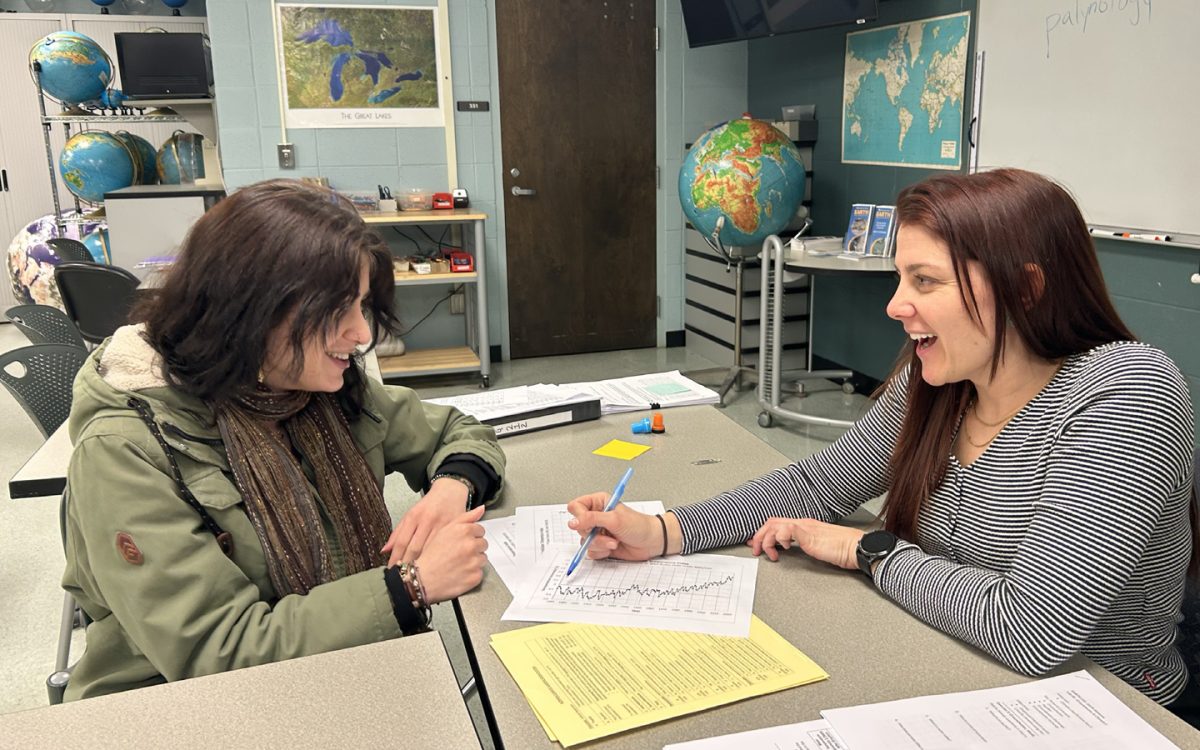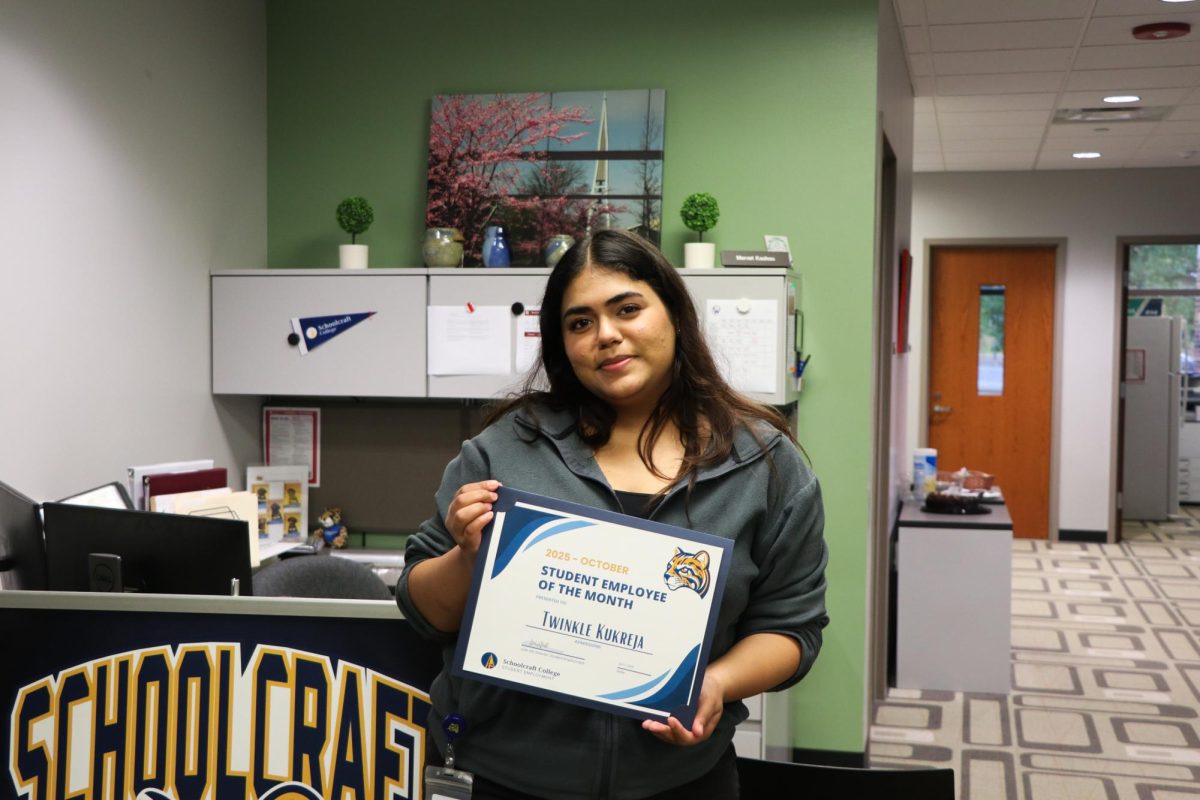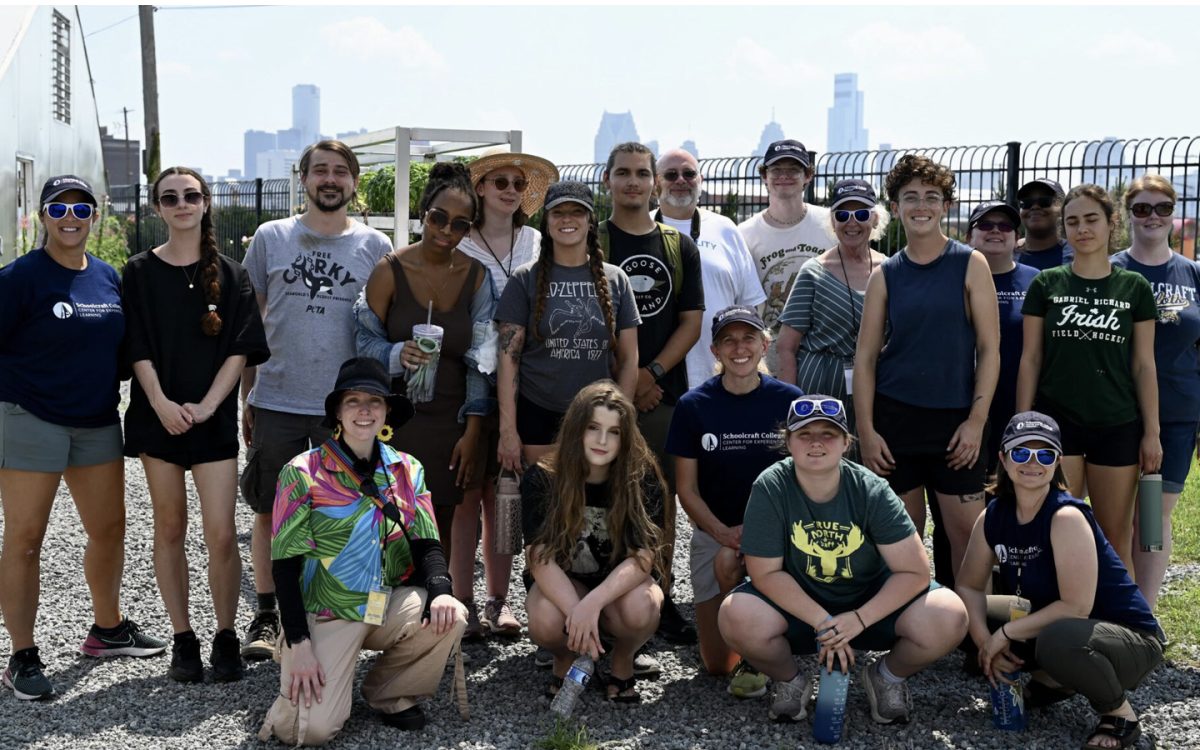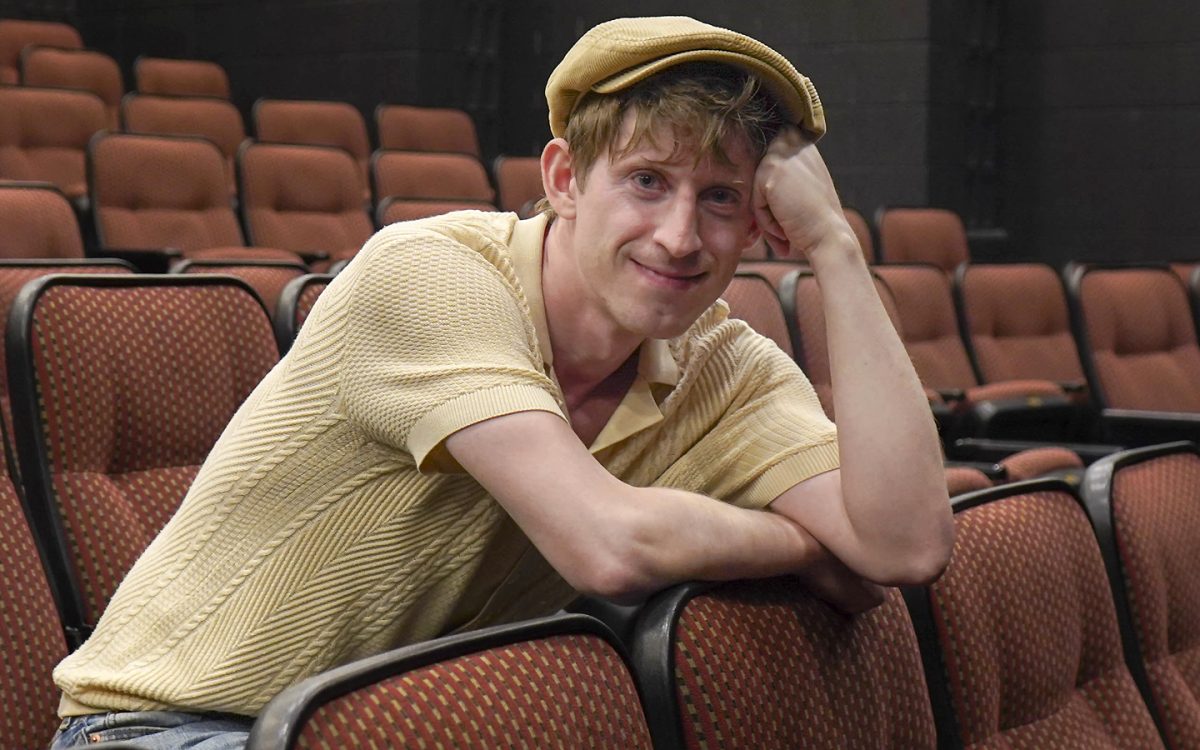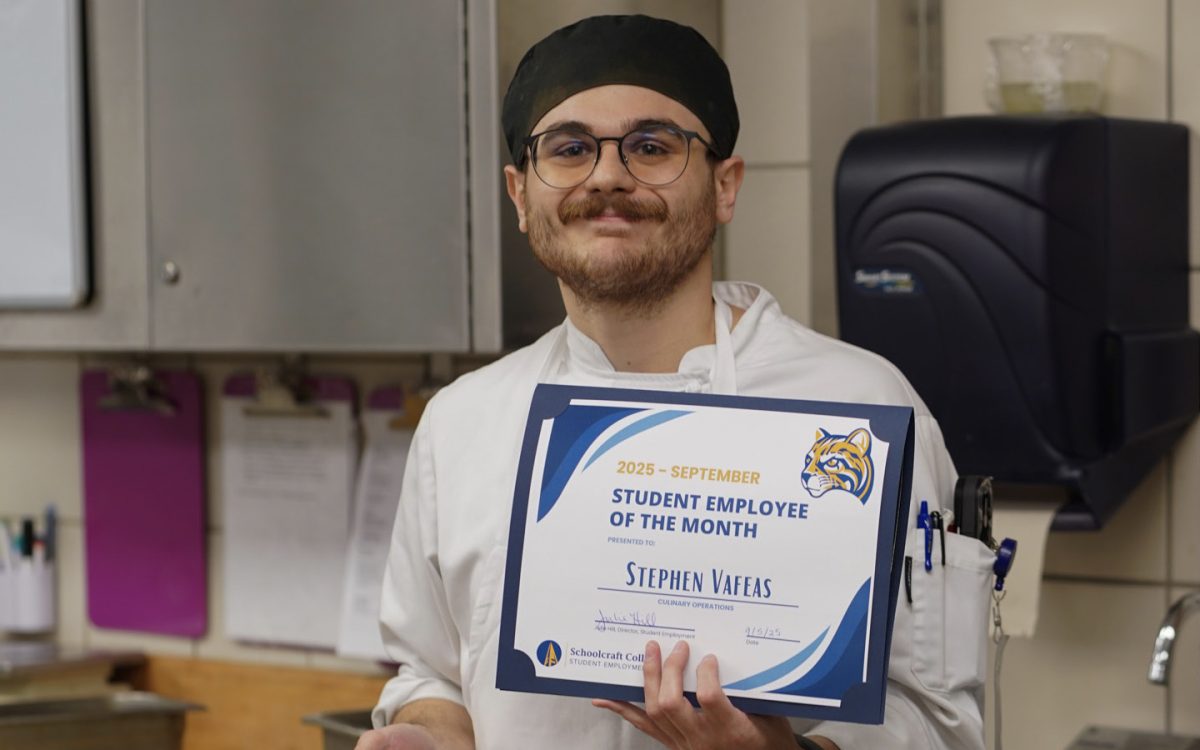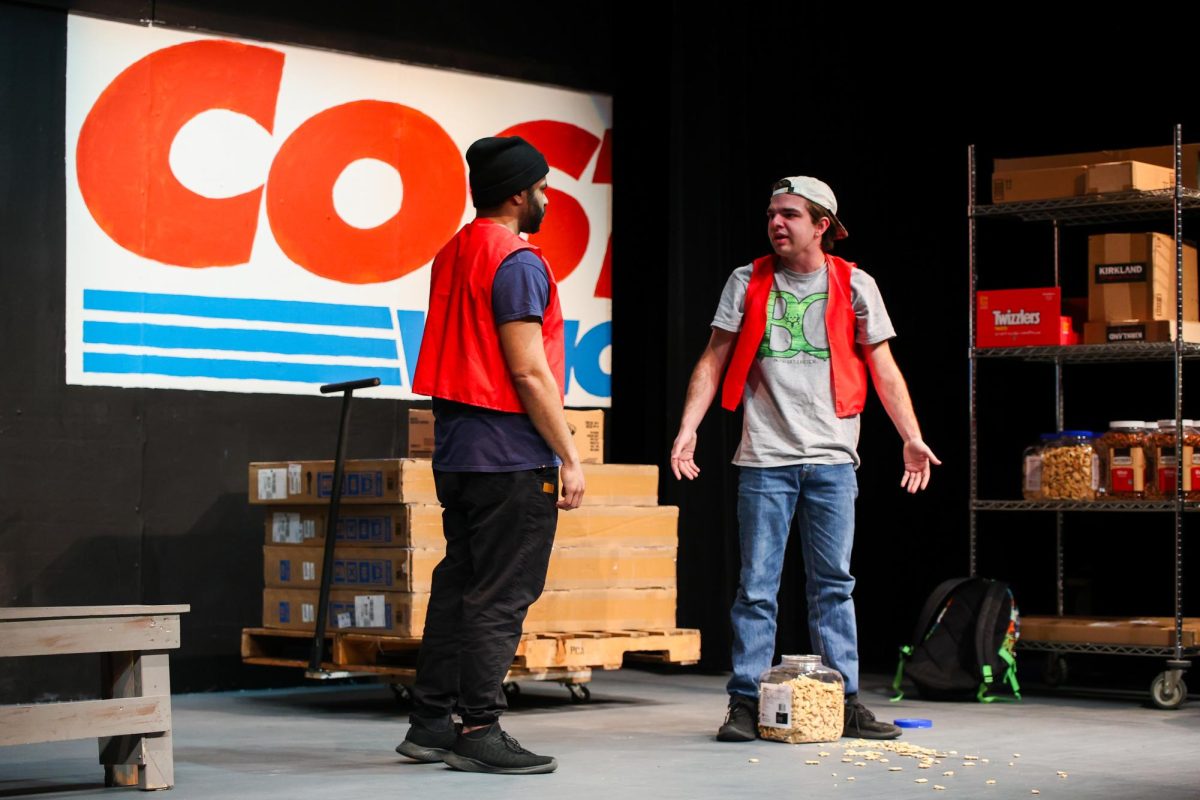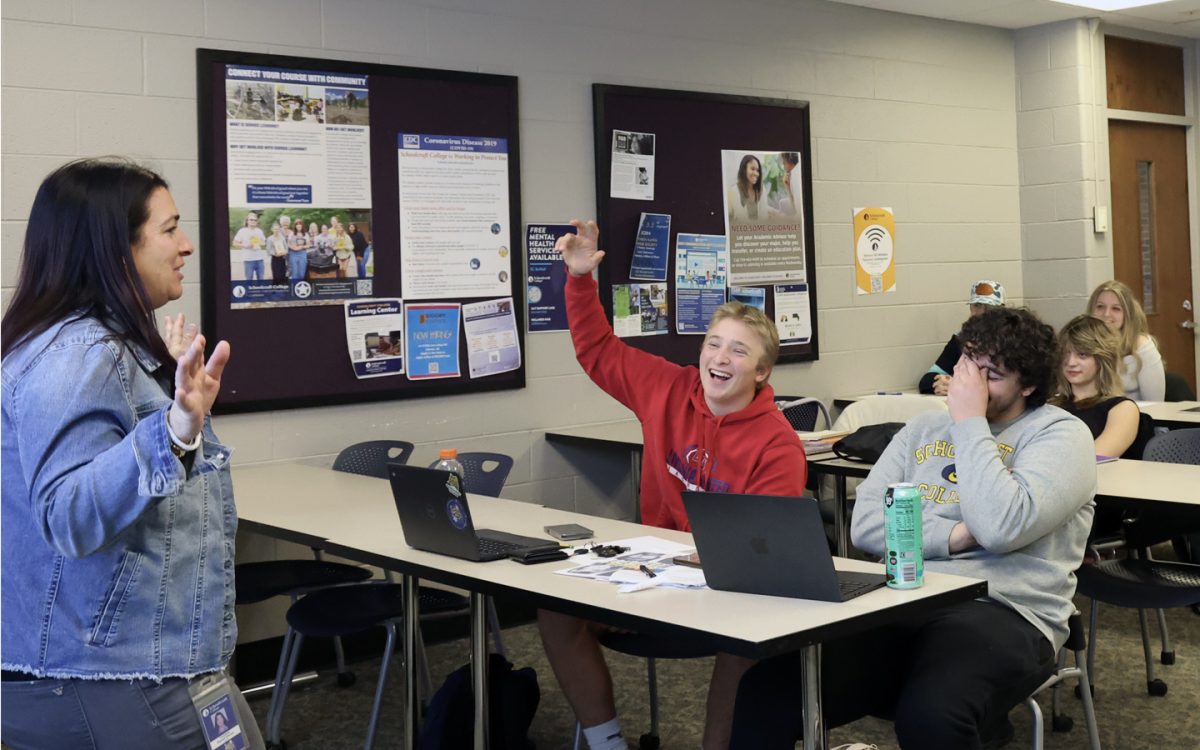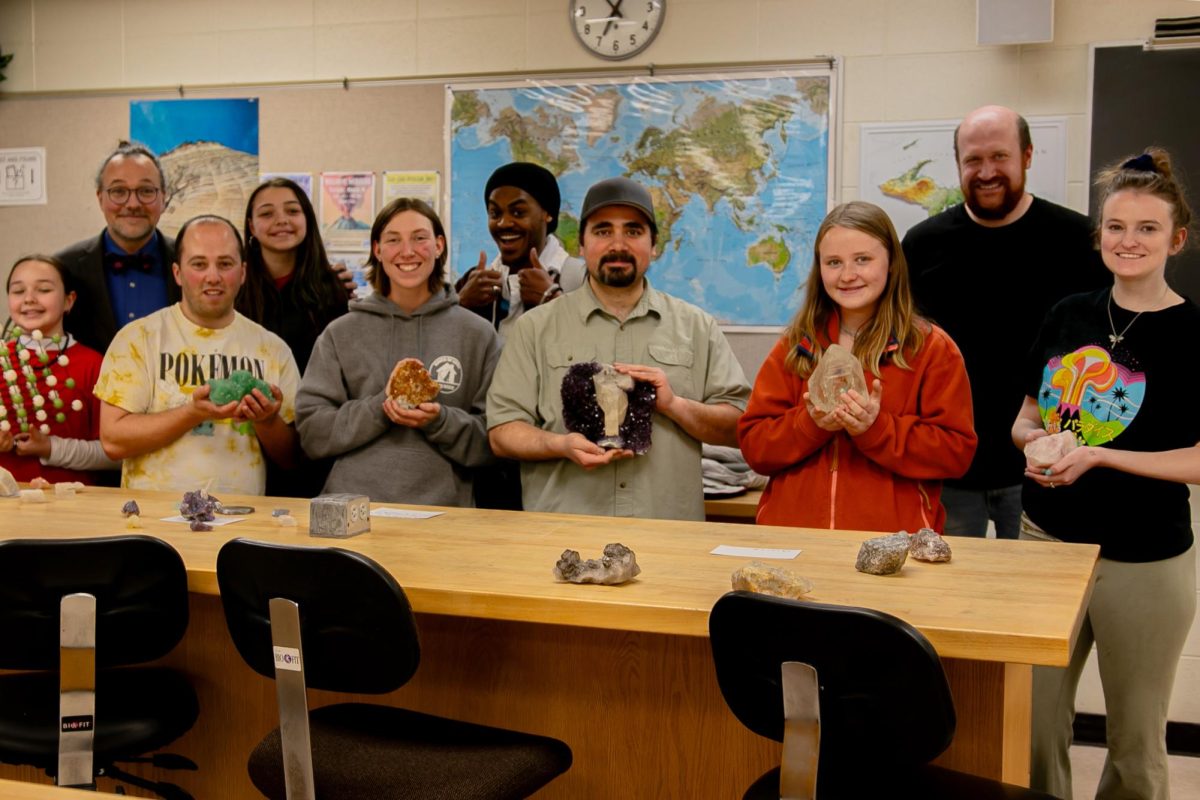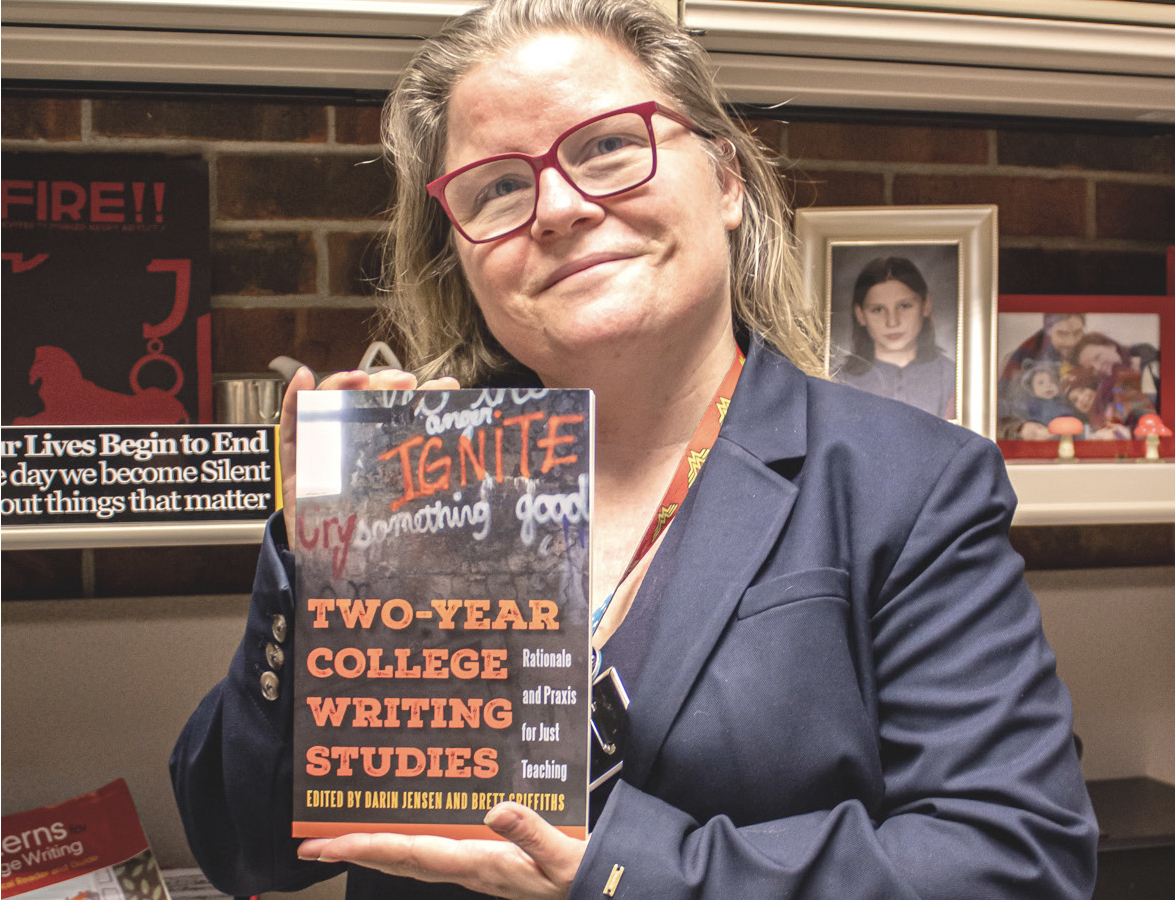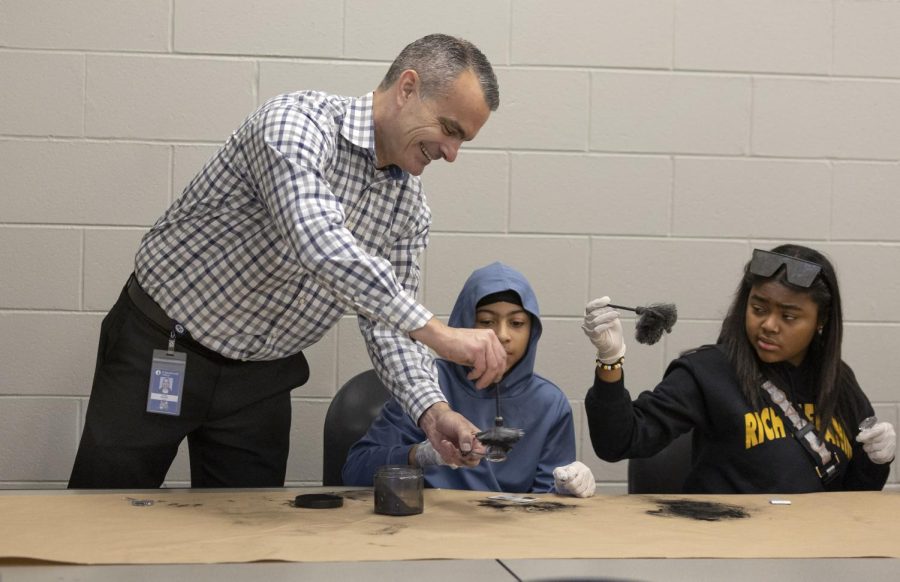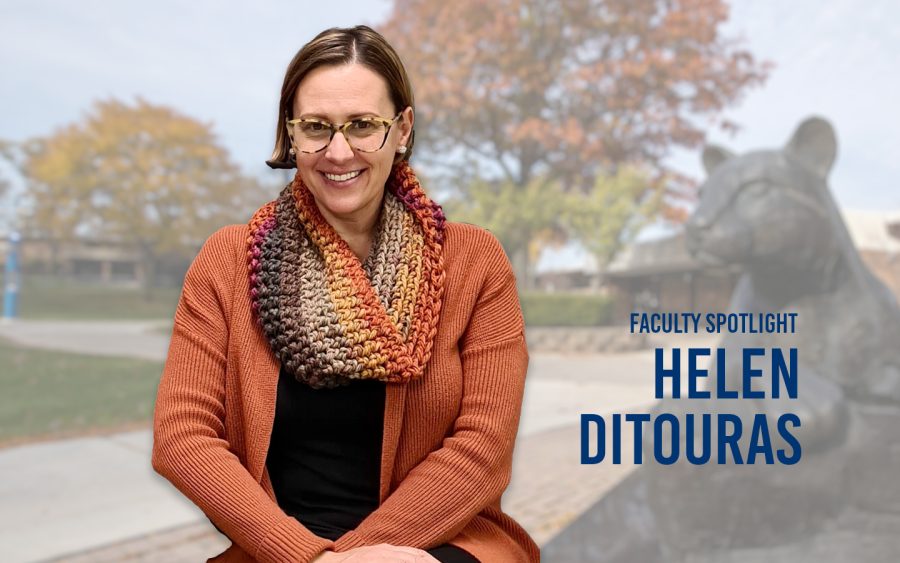Professor Amy Parsons has been an earth science instructor at Schoolcraft College for five years. In her time, she has combined her passion and profound experience to cultivate a classroom that not only fosters learning but builds appreciation for our natural world. Her dedication is exemplified in the indubitable impact she leaves on her students.
Before landing at Schoolcraft, Professor Parsons encountered a diverse range of experiences that deepened her interest in culture and environment. Parsons is originally from Trabuco Canyon, California. She met her husband at UCLA while studying for her Bachelor of Arts. After both having attended Penn State University for graduate school, they decided to settle in his home state of Michigan.
Growing up in California, Parsons has a remarkable perspective into wildfires and their impact on an ecosystem. Recalling many times where her neighborhood was under serious threat of fire, Parsons holds what she describes as an “anecdotal connection”. This distinctive experience opened an opportunity to study in Brazil.
At Penn State, her advisor’s focus was on fire ecology specific to the Brazilian Amazon, a region not naturally adept to constant burning. Parson’s advisor encouraged her to take her firsthand understanding of wildfires in California and out west, and compare it with recent issues in the Brazilian Amazon. A significant concern of her research is how species are forced to respond and evolve to the fires. Parsons warns; “We talk about survival of the fittest and if they can’t survive or adapt, then they’re going to be lost.”
As wildfire devastation is not something the rainforest species have dealt with on a regular basis, it becomes increasingly difficult to protect the enviroment’s homeostasis.
Deforestation is a current issue that demands attention and action. When asked how to convey this urgency, Parsons contends, “It’s probably one of the biggest challenges of climate change science and advocacy, because it’s so easy to just think you’re disconnected from the problem, and you could go every single day and not really think about how climate change affects you personally.”
Connecting to her experience in Brazil, Parsons relays the significance of simplifying complex discoveries, increasing their accessibility to the public and spreading awareness of issues that demand immediate attention.
Despite Parson’s deep passion for research and vast experience in the field, teaching is what called to her.
“It wasn’t until I really studied a lot more and met other instructors in college that I was like, ‘Wait, I want to do what they do, because it blends not only teaching and helping people, but also teaching the subject that you’re really interested in,’ ” explains Parsons.
Day to day in the classroom, Parsons continues to uphold the importance of each topic utilizing the same methods for climate advocacy she learned in the Amazon. By making connections with a student’s own experience, Parsons has learned how to facilitate the critical thinking needed to understand something that is happening thousands of miles away.
To ensure the material’s impact, Parsons has learned to approach her teaching through a multitude of ways.
“To me, I have 15 weeks with my students, and I want to make every moment count. I want to make sure that literally from day one you are making connections with the content and not just being lectured at. [You have] an opportunity to engage with the idea,” said Parsons. “I think a big part of it is that I want my students to be more informed citizens about their world and about the environment that they live in.”
Parsons’ outlook toward teaching includes prioritizing personal connections. She has come to view students as “whole human beings”. Beyond her guidance as an earth science instructor, Parsons wants to be seen as a resource as to what might be affecting student’s outside of the classroom; positive or negative. She wants to hear about her student’s successes and support them in the challenges that they may face, being a connection to tools available on campus, whether it be personal, academic, or professional.
Parsons emphasizes how her role as a professor at Schoolcraft goes beyond lectures and assignments. She continues to hold the growth of each individual student as a priority and looks forward to what the future holds for her at Schoolcraft.
Currently, Parsons can be found teaching Earth Systems (EARTH 110), Environmental Science (EARTH 120) and Weather and Climate (EARTH 200).



